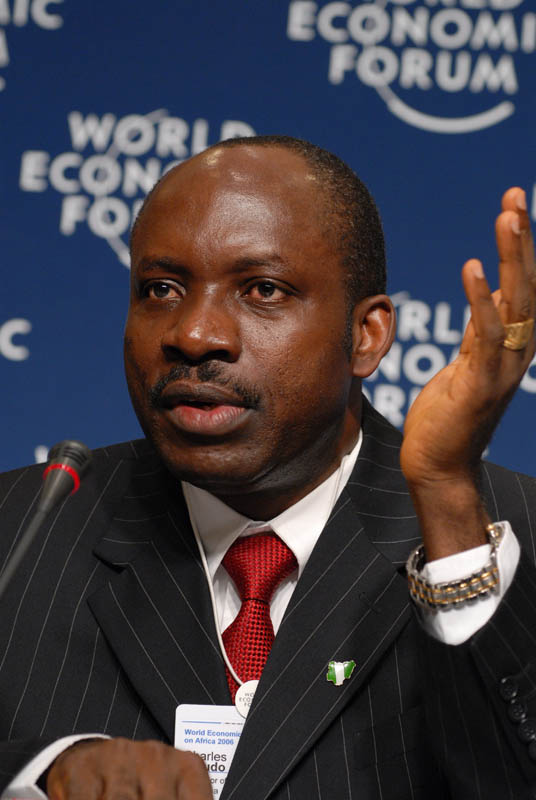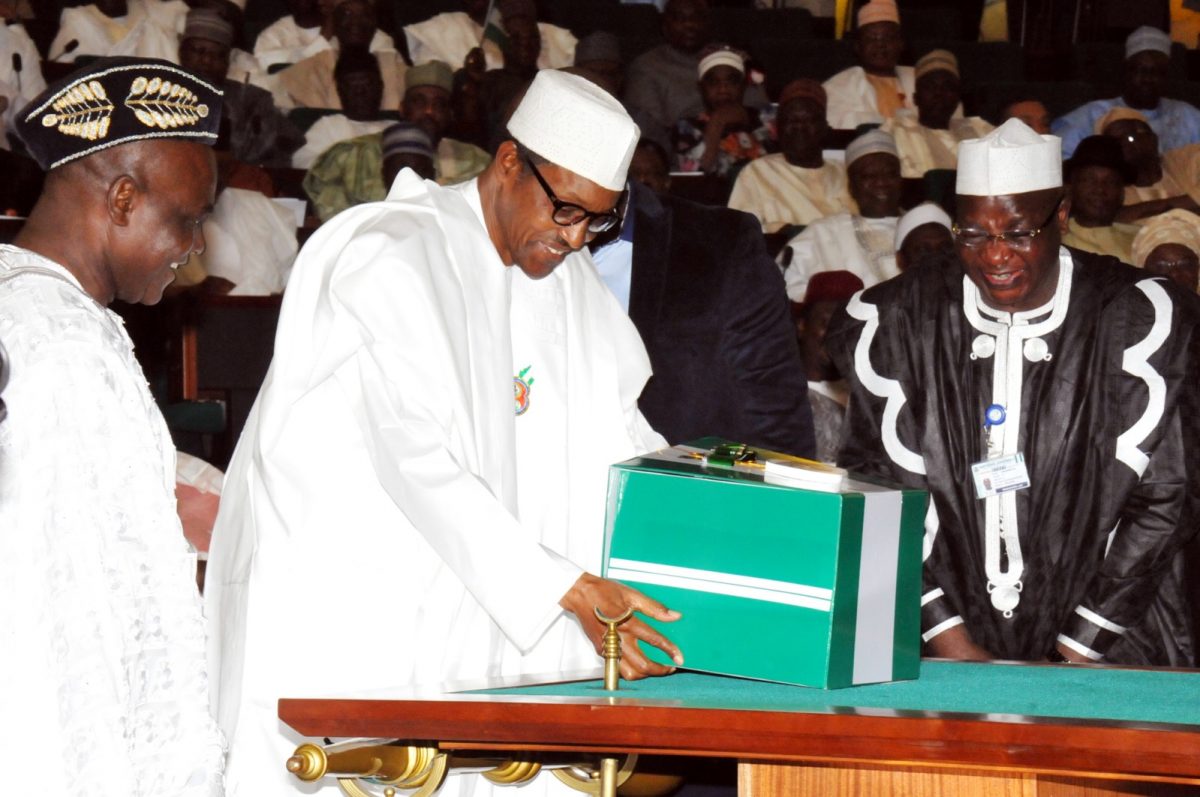Former Central Bank of Nigeria (CBN) Governor Prof. Charles Soludo has criticised the 2016 budget presented by President Muhammadu Buhari, describing it as a missed opportunity to set Nigeria on a path toward a post-oil economy.
Speaking at the 13th Daily Trust Dialogue in Abuja, Soludo argued that the budget closely mirrored those of past administrations and failed to break away from outdated fiscal strategies.

“A Carbon Copy of Past Budgets”
Soludo highlighted that the 2016 budget bore strong similarities to those crafted under former President Goodluck Jonathan, despite the ruling All Progressives Congress (APC) running on a platform of change.
“The present budget is more of the same as the previous ones,” Soludo said. “It has a historic 37% deficit, with only 30% allocated to capital projects. This is not the way to go for a government with ‘change’ as its mantra.”
He noted that recurrent expenditure exceeded total revenue, a trend he deemed unsustainable for a country facing declining oil revenues.
Challenges of a Post-Oil Economy
Reflecting on Nigeria’s underperformance despite earning over $1 trillion from oil over the years, Soludo said the country must urgently transition from its oil-dependent economic model.
“Nigeria is now the fifth among states classified as failed states,” he lamented. “The constitution is designed for sharing oil wealth, not for development. This must change.”
He warned of future challenges, including desertification threatening agriculture in 35% of the country and the potential for mass migration by 2050 if oil, gas, and agriculture fail to generate sustainable employment.
Call for Bold Reforms
Soludo urged the Buhari administration to craft a coherent economic plan and political architecture that could support Nigeria’s growth beyond oil.
“To craft the new agenda, we must defeat the old agenda,” he said. “Building on a dysfunctional system is like building on quicksand.”
Despite his critique, Soludo acknowledged the administration’s early steps to dismantle structures that have hindered economic growth.
Osinbajo Defends the Budget
Responding to Soludo’s remarks, Vice President Yemi Osinbajo defended the budget, stating that it was designed to address the needs of over 120 million Nigerians living below the poverty line.
“This budget is about the economic survival of these people,” Osinbajo said. “If we don’t address this now, we are only postponing doomsday.”
He highlighted key initiatives, including the recruitment of 500,000 teachers, conditional cash transfers, and a focus on small and medium enterprises and agriculture.
Osinbajo also stressed the need for reforms in Nigeria’s justice system, noting that impunity and corruption had hindered the country’s progress.
Calls for Unity and Leadership
Other speakers, including General Martin Luther Agwai (rtd) and Dr. Mairo Mandara, echoed the need for visionary leadership and elite consensus to guide Nigeria through its challenges.
Mandara emphasised the importance of addressing inequality, education, health, and poverty, while General Agwai underscored the urgency of matching Nigeria’s population growth with qualitative development.
The dialogue highlighted the critical need for bold and innovative leadership to steer Nigeria toward sustainable development in a post-oil era.







